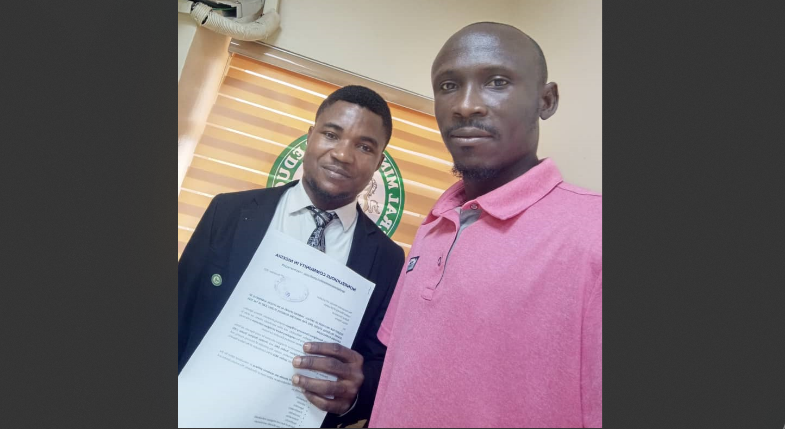The Nonreligious Community of Nigeria has submitted two significant petitions to the Federal Ministry of Education and the U.S. Embassy, highlighting the ongoing systemic discrimination and persecution faced by nonreligious citizens in the country.
This information was shared in a press release signed by Secretary Genesis Eririoma on November 19, 2025.
The first letter addressed to the Federal Ministry of Education requests the inclusion of Critical Thinking Studies as an official alternative to Christian Religious Studies (CRS) and Islamic Religious Studies (IRS) in the newly approved 2025 Basic and Senior Secondary Education Curriculum.
The community argues that mandatory religious education marginalizes and disadvantages children from Humanist, Atheist, Agnostic, Freethinking, and secular families.
They assert that making CRS/IRS compulsory violates Section 38(1) of the Nigerian Constitution, which guarantees freedom of thought, conscience, and religion, including the right not to adhere to any religion.
The community warns that without a secular alternative, Nigeria risks promoting indoctrination over education and calls for the nationwide adoption of Critical Thinking Studies in accordance with global best practices and UNESCO recommendations.
The second letter was sent to the United States Embassy in Abuja, urging U.S. lawmakers and diplomats to acknowledge the persecution of nonreligious Nigerians during an upcoming U.S. Congressional hearing on alleged Christian persecution in Nigeria.
Read Also:
- Reps reject U.S. claims of religious genocide
- Soyinka turns down U.S. Consulate visa interview invitation, says it’s “strange”
- No more US citizenship by birth for Nigerians – US Embassy
The community highlights cases such as the imprisonment of Mubarak Bala, the harassment of Abraham Daniel, and numerous instances of threats, attacks, or killings of nonreligious Nigerians, particularly in Northern Nigeria.
The statement emphasizes that freedom of religion must also encompass freedom from religion, noting that nonreligious Nigerians are among the least protected and most marginalized minorities in the country.
The community calls on the U.S. Congress to consider the challenges faced by nonreligious citizens in its discussions on human rights and religious freedom.
In response to these submissions, National Coordinator Obasi Ikechukwu described these actions as essential steps toward achieving equal rights, educational equity, and human dignity for millions of Nigerians who do not follow any religion.
The organization reaffirms its commitment to advocating for freedom of belief and non-belief, as well as equal treatment for all Nigerian citizens, regardless of their worldview.






